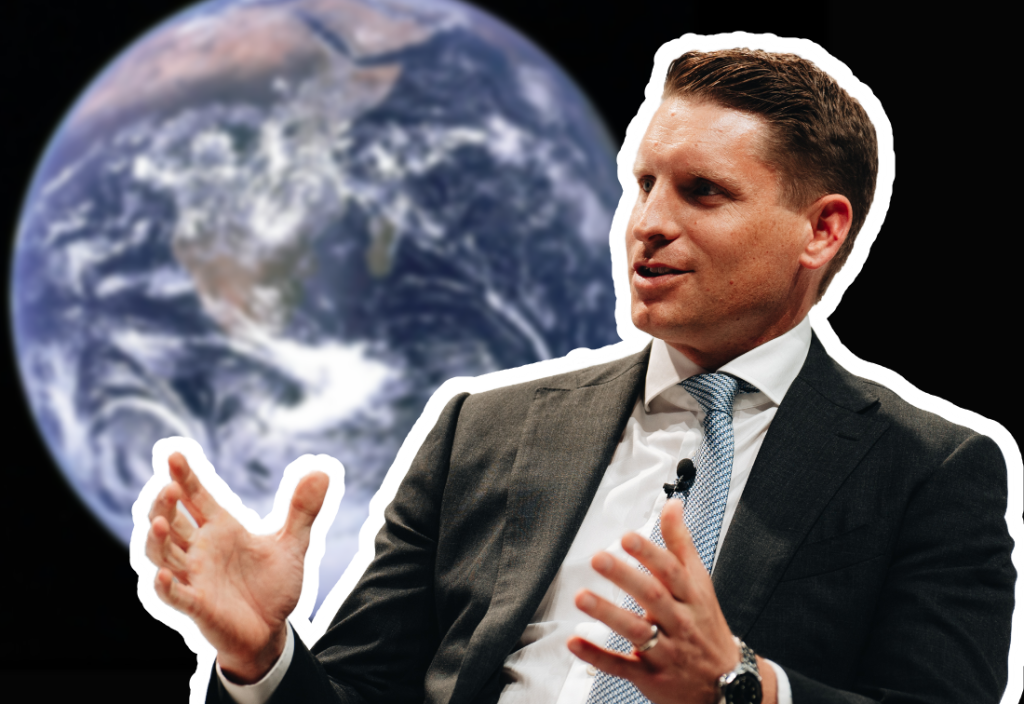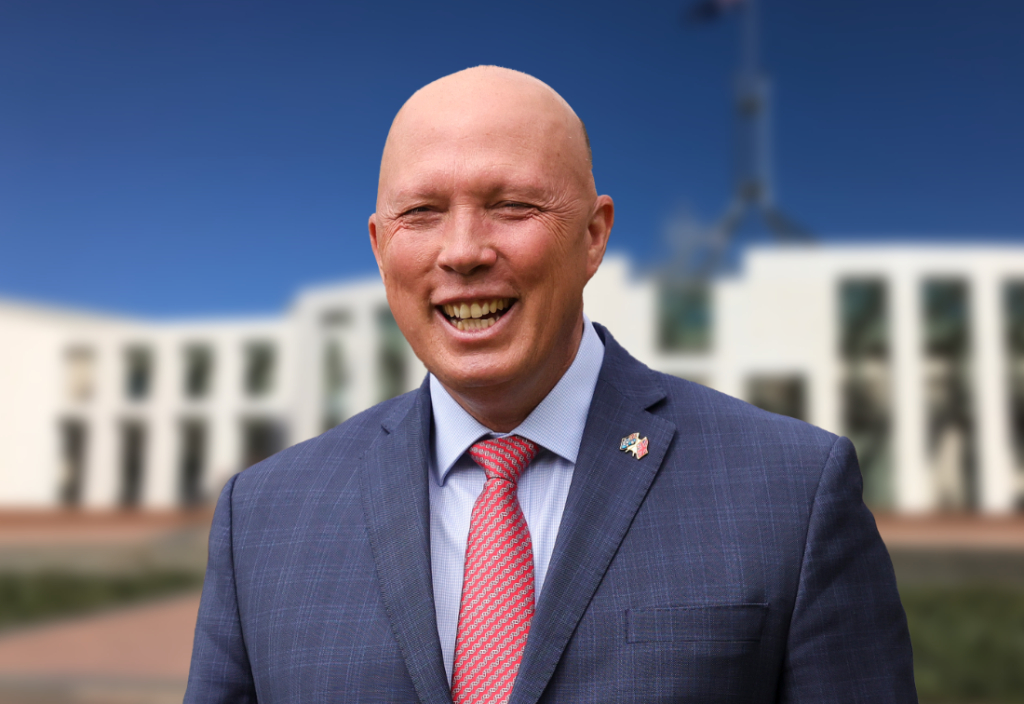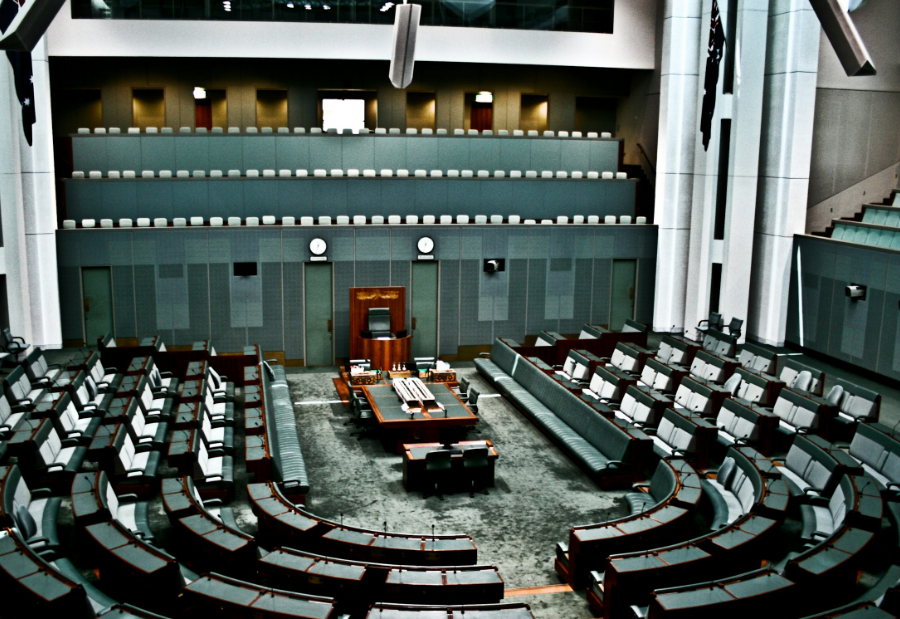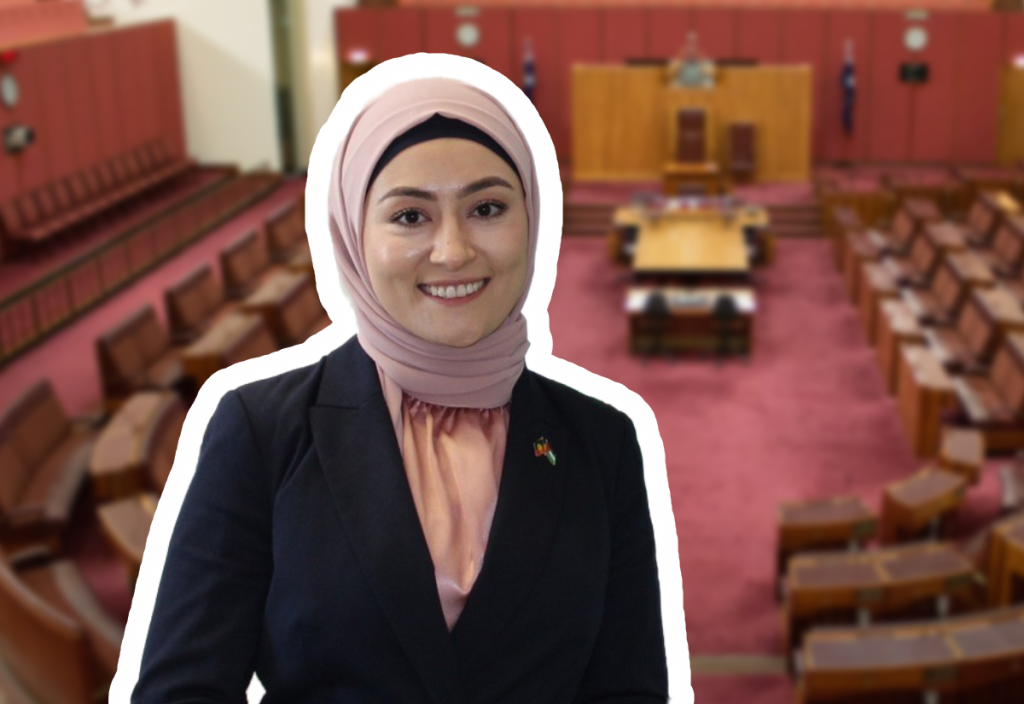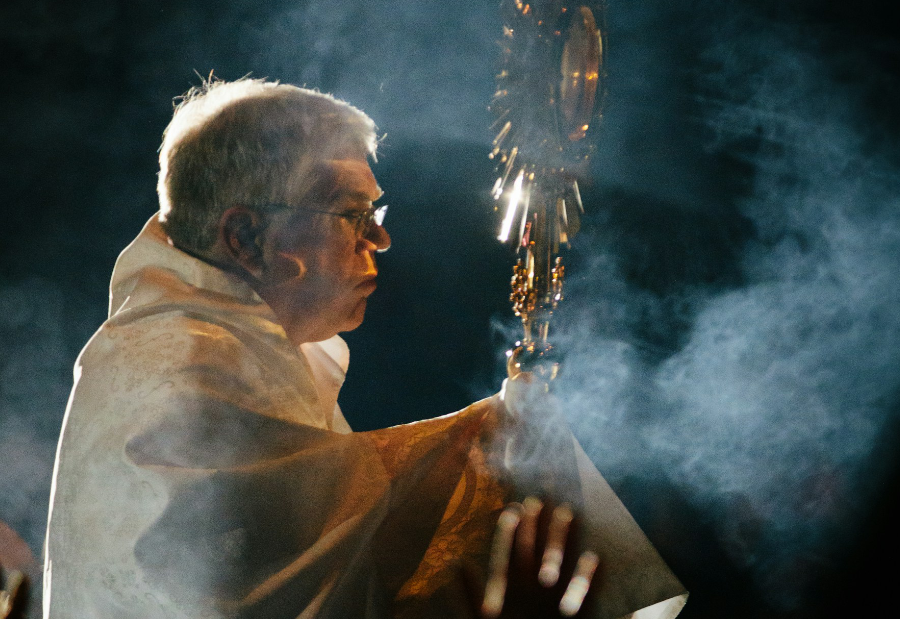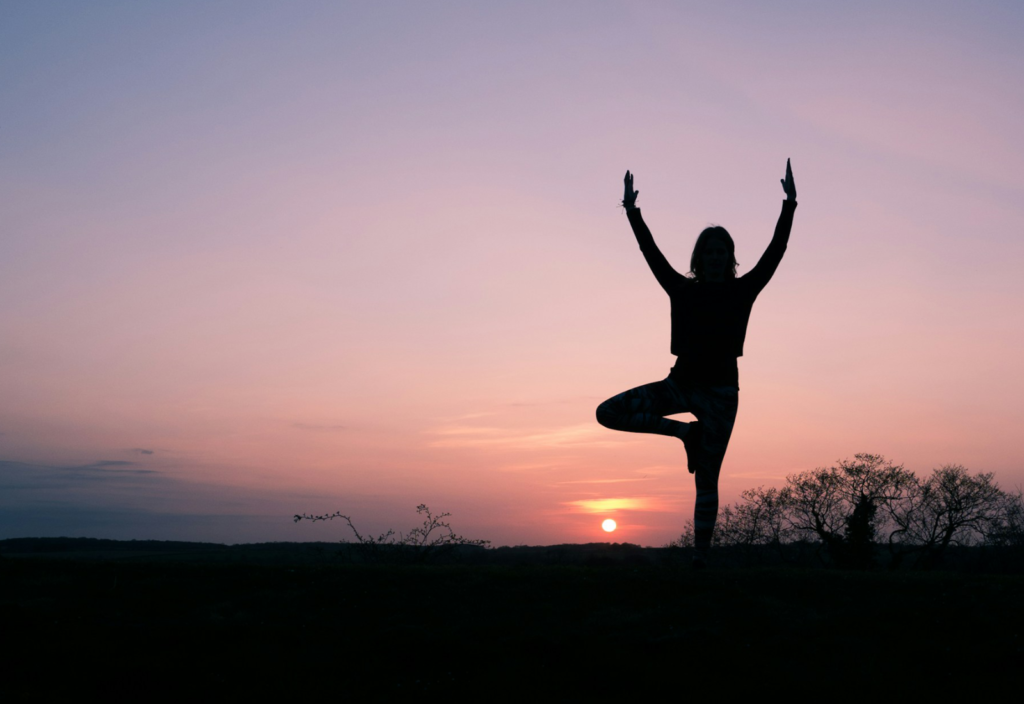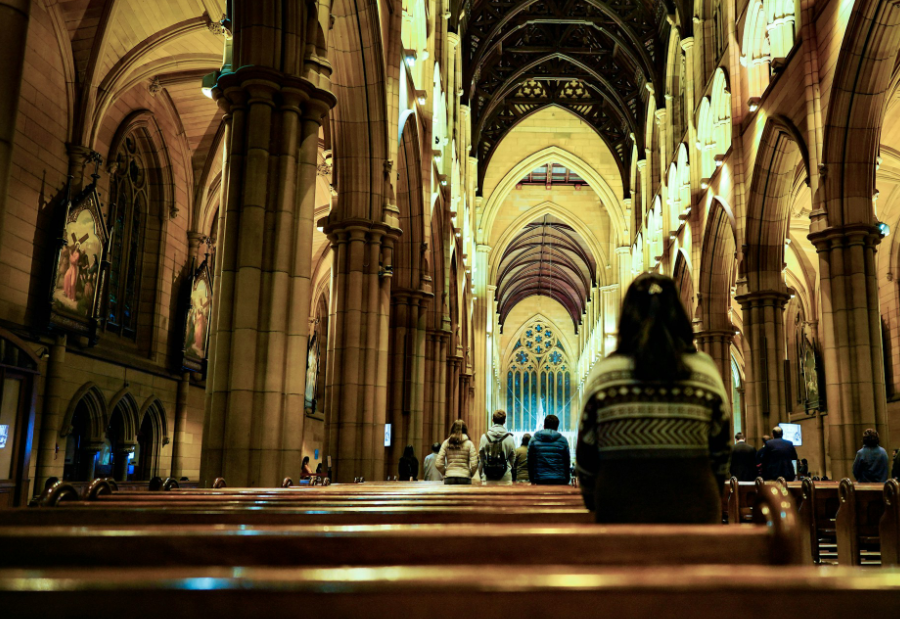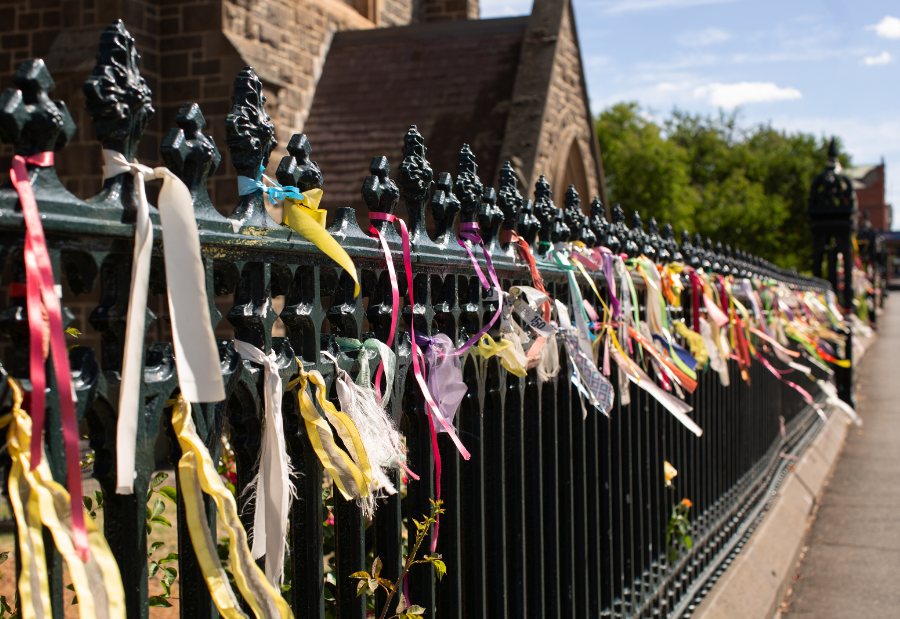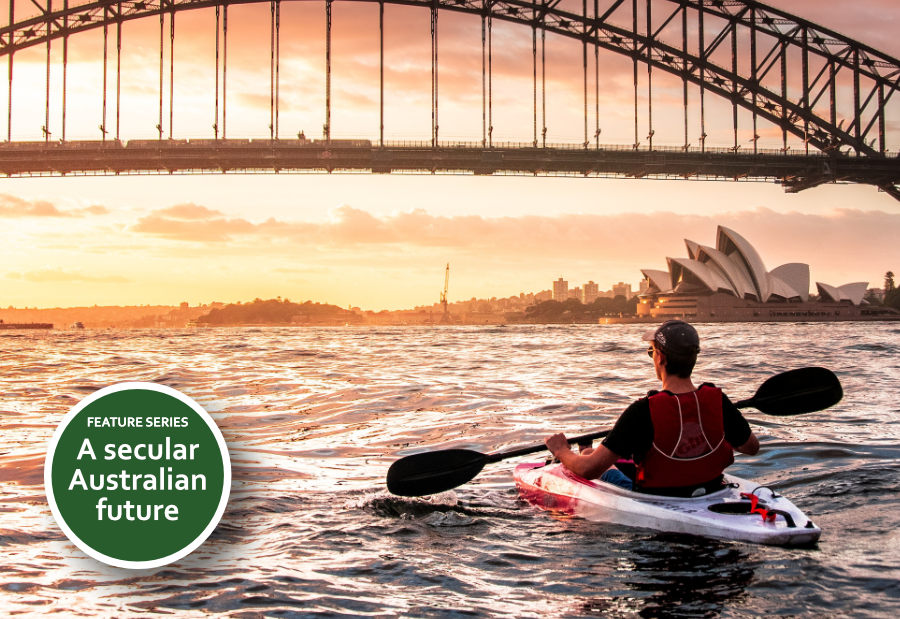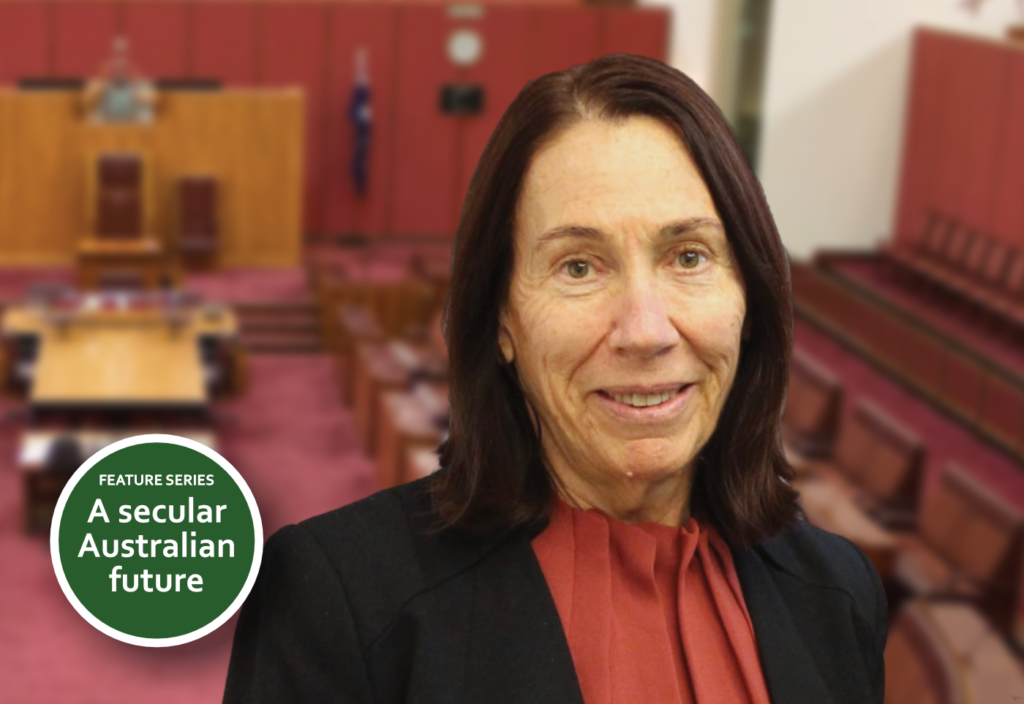This foreword appears in the newly published Religiosity in Australia: Religion and politics.
In May of 2022, as New South Wales’ parliament was on the verge of becoming the last state legislature to make voluntary assisted dying (VAD) law, veteran Labor MLC Greg Donnelly rose to urge institutions of faith to ignore that law.
Citing St Thomas Aquinas’ declaration that ‘a human law not rooted in eternal law’ is ‘unjust’, Donnelly, a devout Catholic, did not mince words.
“As institutions, you should not cooperate at all with the implementation of the provisions of the legislation that would impact you as organisations … You must not do that, and you have an obligation not to do that. The law with regard to this is wrong.”
It was a revealing moment. A lawmaker of faith, urging like-minded institutions to bury a law being passed by the secular institution he was elected to serve.
His determination to act, not just politically in furtherance of a religious worldview, but against the clearly expressed views of the electorate, was a reminder that our nation’s secularity is never guaranteed.
Which is why this third volume of the Rationalist Society’s series Religiosity in Australia, focussing on religion and politics, is both timeless, and timely.
I will come to that but, first, I should explain where I set my stall when it comes to faith. My father, whose family was Jewish, renounced all faith and declared that “God didn’t believe in him”. My mother, born-and-bred a Catholic, saw her faith fall away to the point where, on her deathbed, she declined a priest because she was not “not that much of a hypocrite”.
Baptised Catholic, my education was largely Church schools, Catholic and Anglican. I can still hear the wooden screen sliding back as I took confession.
Now in my 60s, I have zero sense of God in the universe. Neither do I have an answer to what happened before the Big Bang. Some friends remain appalled by my agnosticism.
Evolutionary biologist, Robert Trivers, puts it well, I think: “As for this enormous universe and how it started, that’s way beyond my capacity to say anything of value, and it’s way beyond the capacity of humans to penetrate at the moment. All the alternative explanations you hear are equally absurd to me. The whole damn thing is incredible.”
Individual faith (gained and lost); the search for meaning; the ache for the numinous; the community of wonder: these often strike me as profoundly moving.
But individual faith, organised into powerful institutions or communities, and expressed politically? About this I have a more jaundiced view.
Having engaged closely in multiple parliamentary debates about VAD, I’ve seen up close how institutions and communities who claim to speak for the Divine, and of a higher morality, are capable of acting in ways that are profoundly human, and base.
So, while my faith compass may not point due south, as it does for many in the Rationalist Society, we are as one in our support for a genuinely secular Australia.
To me, this means a nation where people are free to follow any faith, and live by its tenets, as long as they are not in conflict with the laws of the land, and they do not impinge on the rights of others to lead the lives that are of value to them.
But it also means a society which, even as it values and protects the right to worship and individual belief, does not allow such rights to override, or obliterate, the rights and values of the wider community.
Enter, Neil Francis, and the extraordinary service he has performed in meticulously researching and documenting what contemporary Australians’ religious values actually are, and how much they have shifted over recent decades.
In Part 1 of the series, he showed that, since the 70s, religiosity in Australia has weakened at a rate much greater than previously understood, and that many religious Australians are more socially progressive than leaders of their religions often claim.
In Part 2, he revealed a massive chasm in trust in churches between the trusting, very small minority of our most religious, and the deep distrust felt by most other Australians.
Now, in Part 3, he presents a detailed, empirically-researched, picture of the declining — sometimes surprising — role that religion has played in Australians’ political engagement over recent decades.
We learn of a nation where the abandonment of religion has moved beyond the weakly committed, and into the ranks of those who previously held to stronger beliefs; where very little of our sense of personal identity comes from religion; and where support for socially progressive issues towards sexual expression and gender roles has more than doubled, while the number of religious conservatives in opposition has more than halved.
Even though people who identify as ‘religious’ are more likely to favour Coalition over Labor policies on issues like the economy, immigration, and global warming – and even though Christians (whose numbers are declining), are more likely to favour the Coalition to form a ‘strong government’ – Francis’ research shows that it is an alignment of conservative, self-interested, rather than religious – values which drives this support.
His report also shows that religion and religiosity do not automatically translate to conservative social attitudes.
Most Australians, including a majority of religious conservatives, support some form of abortion service provision, as they do voluntary assisted dying. Across the socio-religious spectrum (other than the small percentage of religious and secular conservatives), Australians oppose religious schools discriminating against LGBTQI staff and students.
Perhaps most strikingly, only 5 per cent of Australians say that religion has a significant influence on their voting intentions. 86 per cent say religion doesn’t influence their vote “at all”.
His report also shows that religion and religiosity do not automatically translate to conservative social attitudes.
As Francis says, this “spells difficult times ahead for parties who promote [a] …conservative religio-social agenda”.
Yet, in the same period that religion has been all but vanishing from our political thinking, political decisions have continued to be made which preference religiosity, and religious institutions, in Australia. Three examples:
- Since 2006, the $60 million a year given to the National Schools Chaplaincy Program by the federal government to put religious-based (mostly Christian) chaplains in schools.
- In 2012, the passing of legislation allowing religious entities to register as Basic Religious Charities, thereby avoiding the need to declare income or other financial details, and exempting them from governance standards enforced on other charities, all while receiving substantial taxpayer subsidies.
- Exemptions, in state abortion and assisted dying laws, which allow faith-based providers to refuse access to those services, even as they receive taxpayer funding.
Today, somewhat counter-intuitively, even as religiosity in Australia is in decline, concerted efforts are being made to force conservative Australian politics further to the religious right.
Earlier this year, Victorian Liberal MLC, Cathrine Burnett Wake, warned of political candidates with “extremist” views who were infiltrating the state party
Despite being personally endorsed by federal Opposition Leader Peter Dutton, Burnett Wake lost her spot on the ticket for the upper house to a member of the City Builders Church.
In Gippsland, which Burnett Wake represents, dozens of Liberal party members have reportedly left the party due to alleged branch stacking by a Pentecostal church group seeking to gain influence over the party’s internal direction.
In her valedictory speech, Burnett Wake said: “Ordinary Australians need to awaken to the threat from these groups. Their goal is to target faltering democratic institutions, where a well-organised minority can effectively disenfranchise the majority – removing moderate representative options from voters”.
At the same time, across the border in South Australia, Liberal Senator Alex Antic, a conservative Christian, was openly leading a campaign to drive moderates, who had supported legislation for abortion and assisted dying, out of the State party and replace them with ‘God-fearing conservatives.’
It is estimated that the scale of Antic’s recruitment drive is likely to result in these conservatives, many of them recruited from Pentecostal church communities, having full control of the state’s council.
As the pastor of one congregation put it: “It’s really simple – if Christians joined political parties many of these Bills would not even make it into parliament”.
While most Australians would be unaware of such concerted efforts at a state level to advance minority religious beliefs politically, many took note when our former Prime Minister, Scott Morrison, himself a member of an evangelical church, chose a Pentecostal gathering in Perth to give his first speech after losing office.
Invoking God, he said “We trust in Him. We don’t trust in governments. We don’t trust in the United Nations, thank goodness”.
That is why this report is so timely. Despite Francis’ research clearly showing a vast gulf between conservative Christian politics and the Australian electorate (exemplified by the failure of Cory Bernardi’s Australian Conservatives party), the reality is that minority conservative religious forces have become more, rather than less, politically active across Australia.
In this, they have been emboldened by the success of fellow-travellers in the USA who, after decades of grass roots activism, succeeded in having Roe v Wade overturned, and reproductive rights for many American women set back half a century.
The lesson from America is also the lesson for us: A liberal democracy, particularly a two-party liberal democracy, is always open to being subverted by minority forces who are well-resourced, well-organised, and determined.
Preserving our genuinely secular society requires vigilance and engagement.
The picture that Neil Francis has painted in this report should be of deep interest to any politician, or political advisor, looking to defend, and strengthen, a secular Australia.
Photo by Kina on Unsplash.




